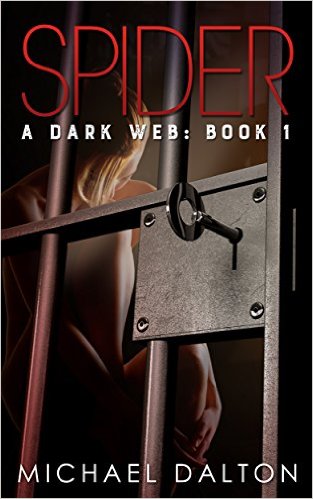I was encouraged to think about the elements that influence my writing, what spurs the passages and descriptions a reader might find in one of my books. Let’s face it, so many experiences, even the seemingly smalls ones, color who we are, and for writers, this often shows up in their stories. I chose to focus on a post outlining how culture influenced me and my novels.
You can’t tell by looking at me, but my cultural heritage is American and Latino. You see, my father was from South America. As child growing up, that meant closer family ties, spending holidays and weekends together, and going to church. But it’s the language and the food I remember as well as anything else.
In my mind, I still hear my aunt and father speaking Spanish, and when my paternal grand mother came to live in the United States, she strengthened the ties to the original homeland even more, because she didn’t speak English, nor was she accustomed to the mores and traditions of the US.
But the food! Oh, the smells and spices filling my aunt’s kitchen. She prepared as many Lebanese dishes as American and Hispanic, only because she’d married a wonderful Lebanese man. As a result, my exposure to different cultures at a young age enriched my life only in ways I truly appreciated when I became an adult.
As a younger person, I see now that I took my experiences for granted, and when I come into contact with others who didn’t have those experiences, their stories hit me rather flat. Something seems to be missing, and as I reflect more at an older age now, I know what that special ingredient is. It’s the traditions, language, and interactions from other cultural backgrounds that truly added spice to my life.
When I graduated from high school, I spent two summers in South America, visiting the homeland of my father, the land where he didn’t want to relinquish his citizenship, though he said he would have died for America. I stayed with family, a cousin, who had three girls and a spouse. During my visits, they immersed me in their lives and culture. For the most part I saw many similarities, school, shopping, homework activities, the usual.
What struck me most was the parties and get-togethers. My younger cousins spent much of their weekends attending parties, and the adults spent time at each other’s home, engaged in talking, singing, dancing. Though one may wonder how this is different from Americans, these people thrived on sharing time together. Though music was also popular on my mother’s side, my American heritage, I don’t recall seeing family members dance. My American friends got together at times to play card games, like Uno, but they didn’t have special Mis Quince Anos parties or invited people to large birthday parties, in general. In South America, invitations to events were hand-delivered, and unless you had a good reason for not attending, you saved the day and showed up, always bringing a small gift.
During my first summer in South America, I also gained a boyfriend, thus introducing me to the dating life! This gentleman stood taller than most people of that culture. He was six feet! Very sweet, smart, and a true gentleman. At that time I learned that kissing wasn’t just for showing affection, but also used in greeting and saying goodbye. The first time he kissed my cheek to say goodbye, before officially asking me to be his girl, totally floored me. Then I realized that’s what people do in this country!
How did these experiences work their way into my writing? They slipped into my writing because they are the most readily available frameworks for me, where I use language, food, and modern-day preferences. Many men, for example, prefer or are strongly attracted to Latina women. In my first novel, I used Spanish phrases, following them up immediately with the English translation. I used fragrance and dance as part of scenes, exposing the main character in the process.
In one of my short stories, which has been accepted into an anthology, one of the characters features a Latina female and is set in Mexico (another place I’ve visited as well). For me as an author, I frequently draw from Hispanic or Latino culture to help enrich my work. The goal is to provide as rich a backdrop in my stories as the backdrops were for me in real life—minus some of the escapades! After all, that’s what fiction’s for!
Tiffani chose to put her “Writer’s In Residence” on hold a bit. Her readers requested this so they could savor the posts when time afforded them to do so. I’m thinking my readers want to read my post “now.” Tiffani’s site is a great site to check out more authors and increase your reading experience. This Writer’s Life


